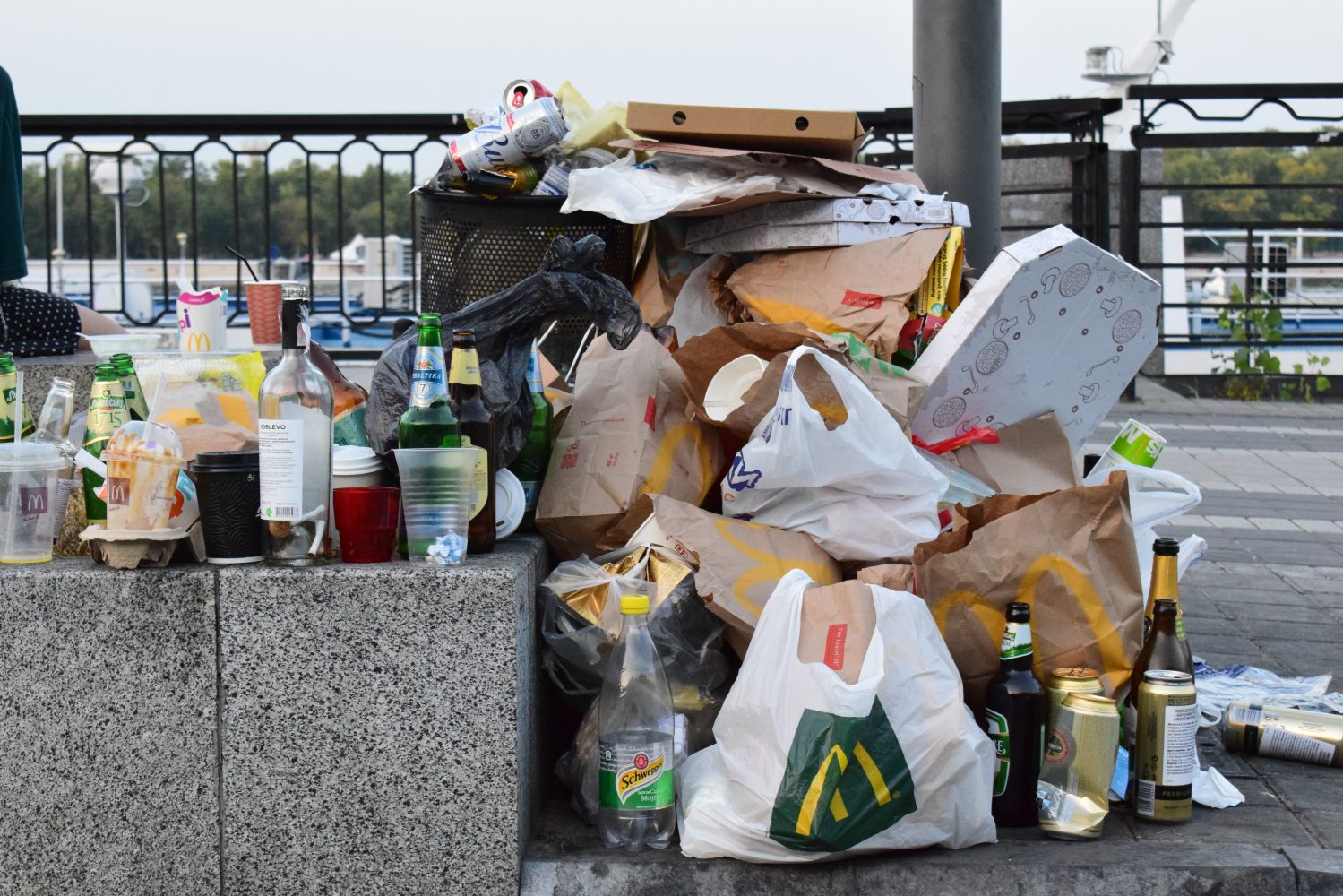
More countries are looking to follow the lead of UK cities that have deployed drones in an effort to identify, punish, and ultimately deter people responsible the surging problem of illegal dumping in public areas.
Authorities in Sunderland, Rugby, Wigan, the Greater Manchester area, and the county of Warwickshire were among the first in the UK to turn to drones in their fight against illegal dumping of litter and unwanted belongings. Such furtive abandoning of refuse – known in the UK as fly-tipping – is reportedly generating 20,000 complaints to officials per week, with local, regional, and national efforts to clean up the mess costing $6.6 million per year. To turn back that rising tide, officials in those areas have turned to UAVs to patrol spots often targeted by toss-and-run polluters, and obtain video evidence to bringing culprits to book.
Now, officials in Ireland and Japan facing a similar proliferation of litterbugs in their midsts are moving to follow suit.
This month, legislation was tabled in Ireland’s parliament to start using drones, as well as close-circuit televisions (CCTV) and automated license plate recognition technology, to crack down on the country’s spiking spate of illegal dumping. According to the bill’s sponsor, the practice costs local authorities about $110 million per year to deal with, over $1 million in Dublin alone.
“The scourge of illegal dumping is something that affects urban and rural communities,” Malcom Byrne, the legislator from the center-right Fianna Fáil party who authored the drone bill, told the News Talk radio show last week. “I know from surveying local authorities last year that dealing with littering and cleaning up illegal dumping costs them, in total nationally, between €90m and €100m per year… So there is a responsibility to look at using any methods at our disposal to tackle this and, you know some local authorities have tried to use CCTV and drones.”
That “tried” qualifier is one of the motivators behind Byrne’s legislation, which aims to create a law that gets around some of Ireland’s strict data privacy rules that thwarted those previous attempts. Earlier this month the city and county of Limerick were fined $122,000, and forced to shut down 90% of its 400 CCTV cameras, for various infringements of Ireland’s General Data Protection Regulation (GDPR).
Byrne’s legislation is designed to skirt those regulatory restrictions much like France this month cleared the way for police to again use UAVs after a nearly two-year ban on privacy grounds: by creating a clearly defined legal framework legalizing specific use of drones and other data-gathering tech to fight illegal dumping that trumps GDPR strictures.
“If we have legislation that underpins it, which makes very clear that the only reason the CCTV or drones or automated number plate recognition technology is used is for the purposes of catching illegal dumping, then that can be done,” he explained. “People who have no sense of civic pride and responsibility will engage in dumping and really, the only way to get them is to catch them on camera, to fine them, and if they continue to offend, to imprison them.”
Still to be seen, however, is just how effective those eyes in the sky will be nabbing litter louts in the act. In Japan, the city of Koriyama recently tested drones to detect cases of illegal dumping, which has become a rising problem there as well. In doing so, it hired a UAV services company to patrol a municipal park often used for illicit trash disposal.
But the planned aerial prevention method is being reconsidered, not due to data privacy concerns, but rather because the craft only identified one out of every 10 cases of litter having been dumped as part of the trial.
Photo: Gera Kulik/Unsplash
FTC: We use income earning auto affiliate links. More.


Comments